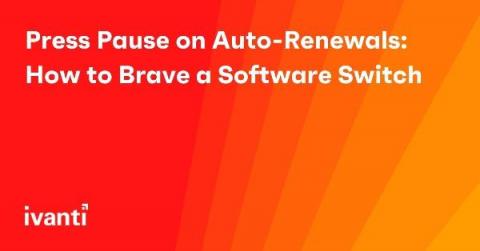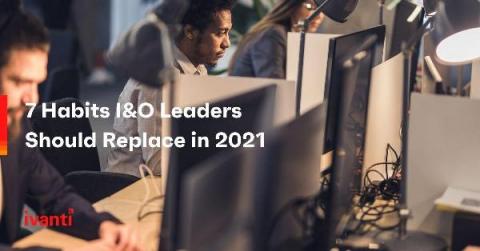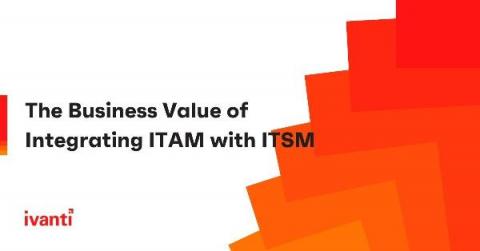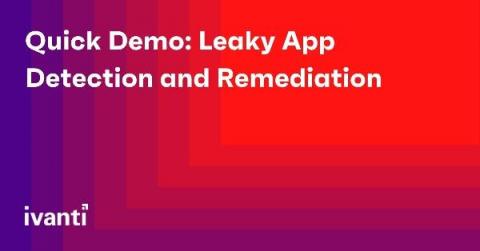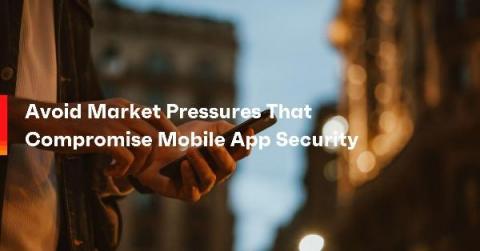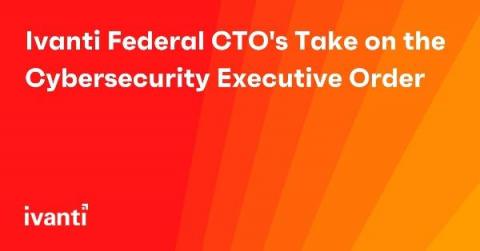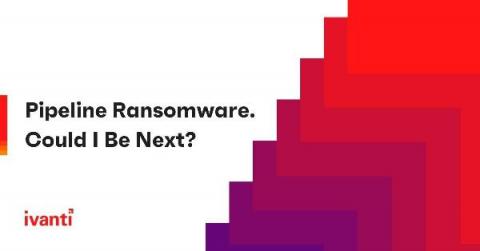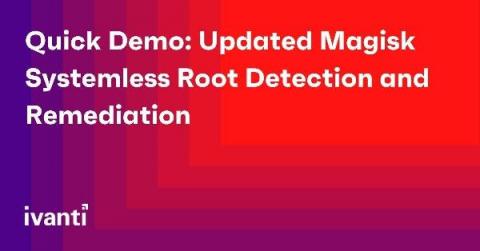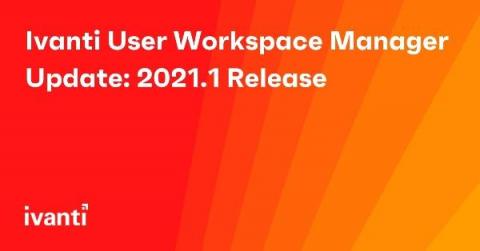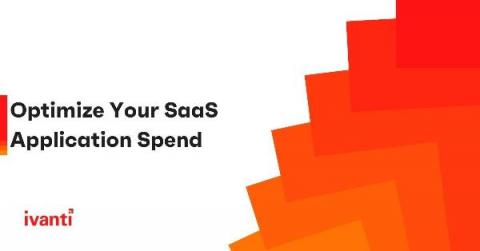Press Pause on Auto-Renewals: How to Brave a Software Switch
One of the biggest reasons organizations don’t try out a new software vendor is the perceived costs of switching. Most cite the fear of implementation being too expensive, too difficult, or too time-consuming—all excuses to justify maintaining a vendor contract, even if that vendor is performing poorly and not meeting expectations. But what’s at risk when organizations simply renew year after year? Who loses if the status quo is maintained?


